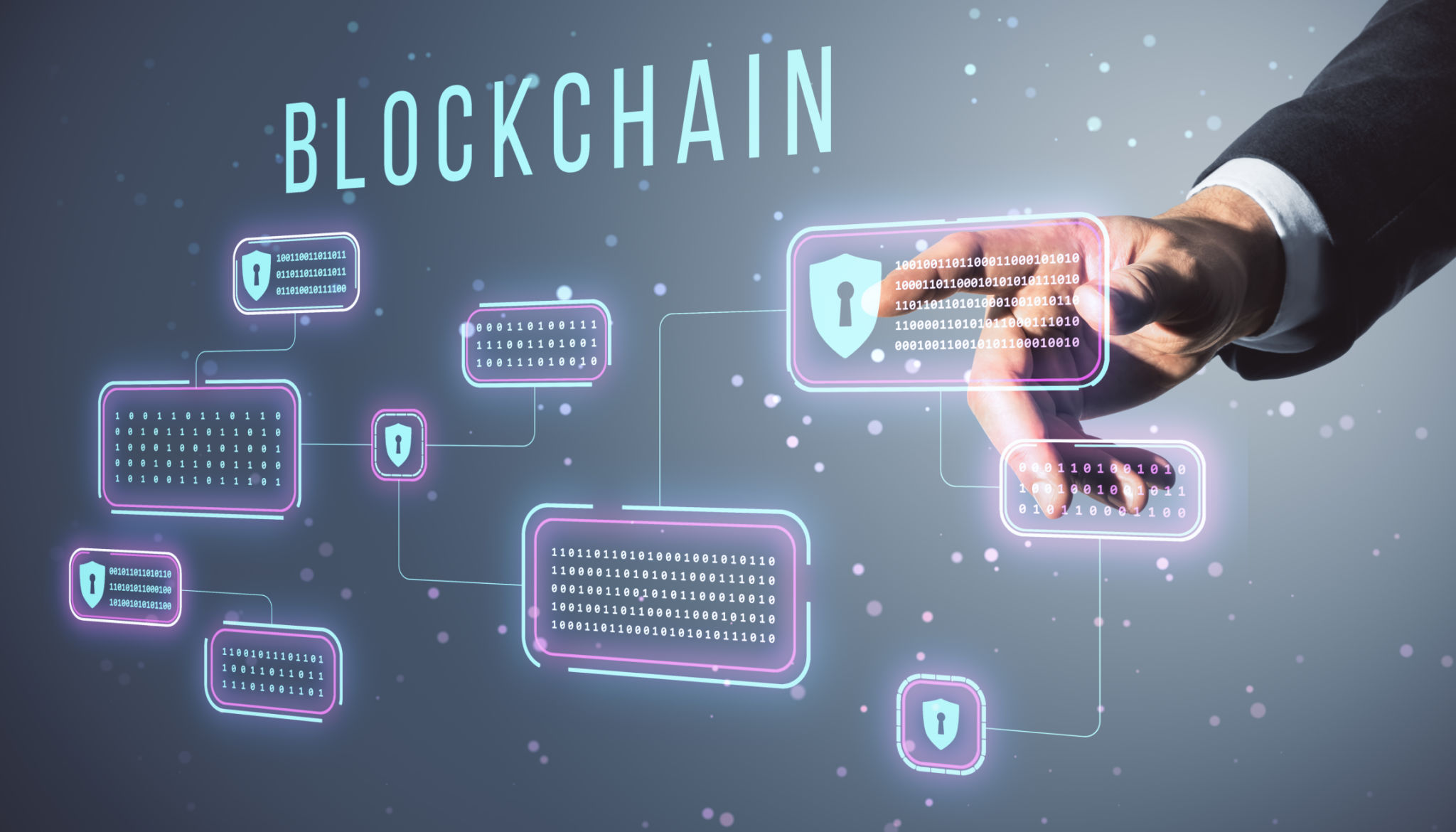Demystifying Web3: Expert Insights into the Next Internet Revolution
As the internet continues to evolve, the term "Web3" has emerged as a buzzword in tech circles. But what exactly does it mean, and how might it impact our online experiences? At its core, Web3 represents a decentralized version of the internet, aiming to give users more control over their data and online interactions. This potential shift is poised to transform how we engage with digital platforms.

Understanding Web3
Web3 is often described as the next generation of the internet, building upon the foundation set by Web2.0. While Web2.0 brought about social media and interactive platforms, Web3 introduces decentralization, where blockchain technology plays a crucial role. This shift aims to reduce dependency on large tech companies by enabling peer-to-peer interactions and transactions.
The Role of Blockchain
Blockchain technology is the backbone of Web3, providing a secure and transparent way to verify transactions without the need for intermediaries. It enables the creation of decentralized applications (dApps) that operate on a blockchain network. These dApps are designed to be open-source, giving users more control and transparency over their data and activities.

Key Features of Web3
Web3 boasts several features that set it apart from its predecessors. One of the most significant is decentralization, which aims to disrupt traditional centralized models. Additionally, Web3 focuses on enhancing user privacy and data ownership. Through cryptographic keys, users can safely store and exchange data without relying on third-party platforms.
Smart Contracts
Another pivotal aspect of Web3 is smart contracts. These self-executing contracts with predefined conditions run on blockchain networks, automating transactions and processes without the need for intermediaries. Smart contracts promise greater efficiency and reduced costs across various sectors, from finance to real estate.

The Impact on Industries
Web3 has the potential to revolutionize numerous industries by enabling more efficient and transparent systems. In finance, for example, decentralized finance (DeFi) platforms are already offering alternatives to traditional banking by allowing peer-to-peer lending and borrowing. Similarly, in the realm of digital identity, Web3 can empower individuals to own and control their personal information.
Challenges Ahead
Despite its promise, Web3 faces several challenges before it can achieve widespread adoption. Scalability remains a concern, as blockchain networks need to handle vast amounts of data efficiently. Additionally, ensuring user-friendly interfaces for dApps is crucial for attracting non-technical users. Addressing these issues will be vital for Web3's success.

The Future of the Internet
The transition to Web3 signifies a fundamental change in how we perceive and interact with the internet. By emphasizing decentralization, privacy, and user empowerment, Web3 holds the promise of a more equitable digital landscape. As we move forward, staying informed about these developments will be key to understanding their implications for businesses and individuals alike.
